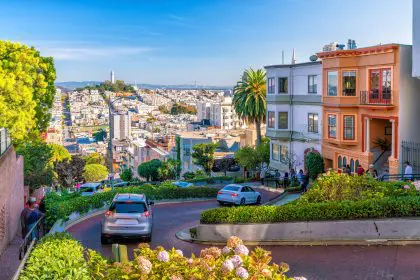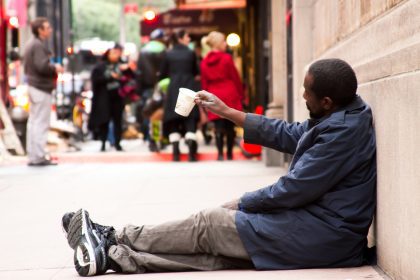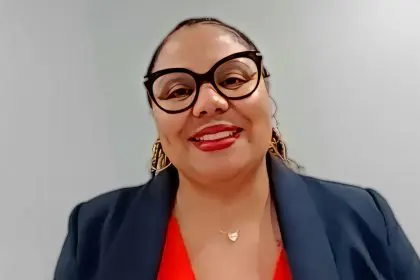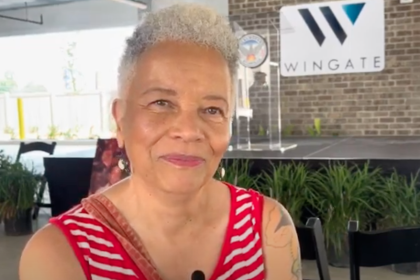The concept of micro-homes has been gaining traction worldwide, offering an affordable and sustainable living solution for many. Among the emerging trends is the development of Black-owned micro-home communities, a movement that combines innovative housing with cultural empowerment and economic resilience.
The rise of micro-home living
Micro-homes, often defined as residential structures under 400 square feet, have become a popular solution to the housing crisis. These tiny dwellings are designed to maximize space efficiency, minimize environmental impact, and reduce living costs. As urbanization grows, micro-homes provide a feasible alternative to affordable housing, making homeownership accessible to more people.
Black-owned micro-home communities are emerging as a unique subset within this trend. Black entrepreneurs and investors develop and manage these communities, aiming to create inclusive, supportive environments that cater to the needs of Black families and individuals.
Benefits of Black-owned micro-home communities
Economic empowerment
One of the primary benefits of Black-owned micro-home communities is economic empowerment. By investing in and developing these communities, Black entrepreneurs create jobs, stimulate local economies, and provide affordable housing solutions. This form of economic empowerment is crucial for reducing the wealth gap and fostering financial independence within Black communities.
Cultural identity and community support
Black-owned micro-home communities often emphasize cultural identity and community support. These communities are designed to celebrate and preserve Black culture, offering a sense of belonging and pride. They provide spaces for cultural events, educational programs, and support networks, fostering a strong sense of community and mutual support.
Environmental sustainability
Micro-homes are inherently environmentally sustainable due to their small size and efficient use of resources. Black-owned micro-home communities often take this further by incorporating green building practices, renewable energy sources, and sustainable landscaping. This commitment to environmental stewardship aligns with social justice and equity goals, ensuring that these communities contribute to a healthier planet for future generations.
Challenges and solutions
Access to financing
One significant challenge Black entrepreneurs face in developing micro-home communities is access to financing. Traditional lenders may hesitate to invest in unconventional housing projects, making it difficult for Black developers to secure the necessary funds. However, innovative financing solutions such as community crowdfunding, partnerships with non-profit organizations, and government grants are helping to overcome this barrier.
Zoning and regulatory hurdles
Zoning laws and regulatory requirements can also pose challenges for micro-home communities. Many areas have strict zoning codes that do not accommodate tiny homes, making it challenging to find suitable locations for development. Advocacy and collaboration with local governments are essential to address these hurdles and ensure that zoning laws evolve to support innovative housing solutions.
Success stories
Case study: Freedom Village, Atlanta
Freedom Village in Atlanta is a shining example of a thriving Black-owned micro-home community. Developed by a group of Black entrepreneurs, this community offers affordable, sustainable housing while fostering a sense of cultural pride and community support. Freedom Village features eco-friendly micro-homes, community gardens, and spaces for cultural events and educational programs. The project has received widespread acclaim for its innovative approach to affordable housing and its positive impact on the local community.
Case study: Ubuntu Homes, Los Angeles
Ubuntu Homes in Los Angeles is another noteworthy example. This Black-owned micro-home community focuses on creating a supportive, inclusive environment for Black families and individuals. Ubuntu Homes offers a range of services, including financial literacy workshops, mental health support, and career development programs. The community’s holistic approach to housing and support services has made it a model for similar projects nationwide.
The future of Black-owned micro-home communities
The future of Black-owned micro-home communities is promising, with growing interest and investment in this innovative housing model. As awareness of the benefits of micro-homes and the importance of Black economic empowerment increases, more Black entrepreneurs and investors are likely to explore this opportunity.
Conclusion
Exploring Black-owned micro-home communities reveals a powerful intersection of affordable housing, cultural empowerment, and economic resilience. These communities provide much-needed housing solutions while celebrating and preserving Black culture. Despite challenges, the success stories of communities like Freedom Village and Ubuntu Homes demonstrate the potential for Black-owned micro-home communities to thrive and expand.
As we look to the future, supporting and investing in these communities will be crucial for fostering economic empowerment, cultural identity, and environmental sustainability within Black communities. The rise of Black-owned micro-home communities marks a significant step toward a more inclusive, equitable, and sustainable future.
This story was created using AI technology.

















